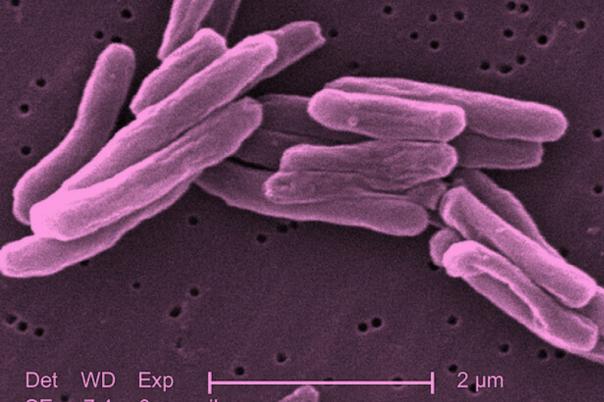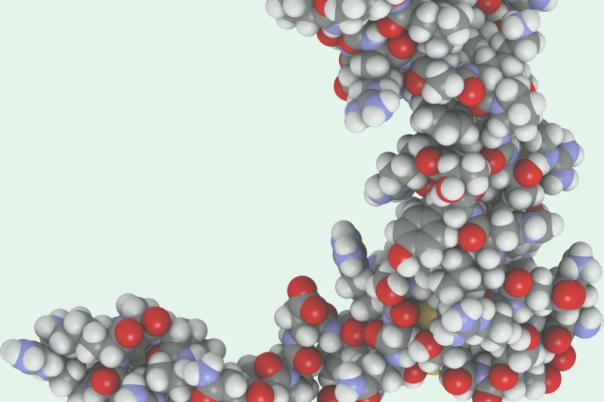This global initiative will analyse the profiles of over 40,000 plasma samples from individuals with Alzheimer’s and dementia. The project should accelerate the discovery of new biomarkers and offer deeper insights into how Alzheimer’s behaves and potential treatments.
The priorities of the program centre around five core principles: conducting upstream research to understand disease mechanisms, biomarkers/ diagnostics for early detection, diversifying the clinical development pipeline, overcoming bottlenecks in AD clinical trial recruitment and retention, and creating a robust data sharing ecosystem.
The team envisions that the project will assist with stratified therapeutic interventions and improving trial design. Furthermore, in order to ensure widespread and equitable representation, they are expanding their consortium to include geographical and genetic diversity. To understand generalisability, the first step requires comparing data from various cohorts and studies.
Compared to other ultra-sensitive proteomic platforms, NULISA reaches high sensitivity via a two-step suppression process that uses polydT beads, then streptavidin beads remove unbound reagents and background proteins. This dramatically reduces noise, increasing the sensitivity more than 10,000 times greater than traditional proximity assays.
The shift towards proteomics is key because it captures real-time biological activities, including protein expression, signalling cascades, and post-translational modifications that genomics and transcriptomics alone cannot reveal. Alamar Biosciences data helps close the gap between genetic risk and observable disease by validating transcriptomic findings and enriching multi-omics models.








